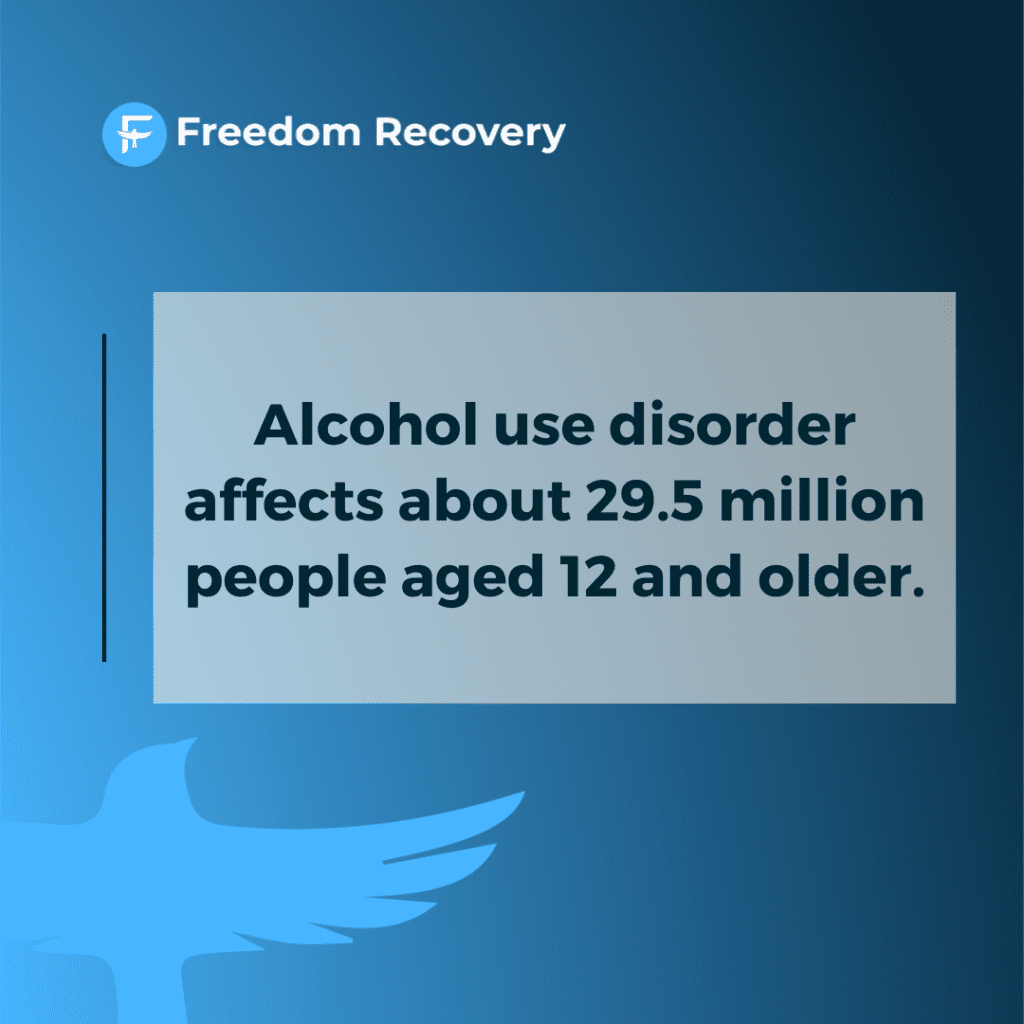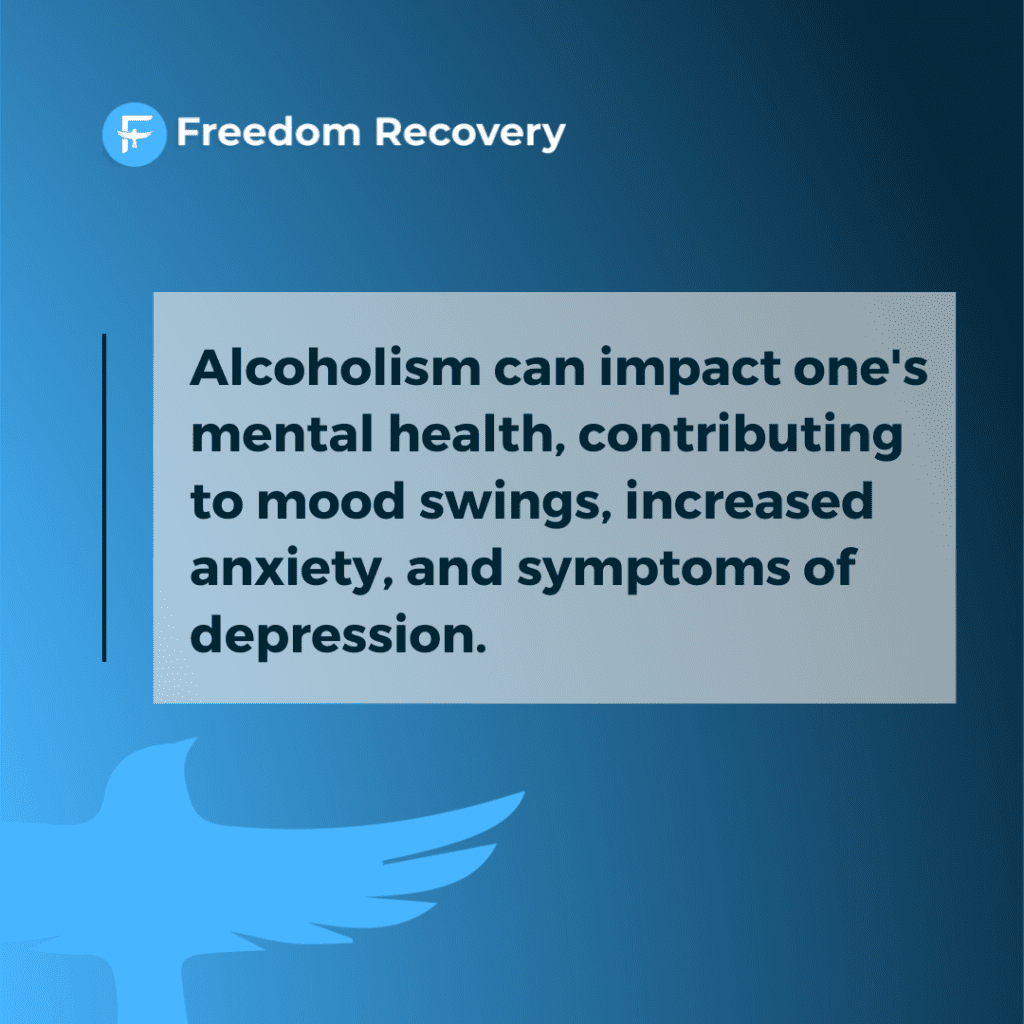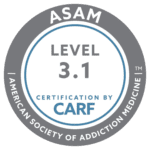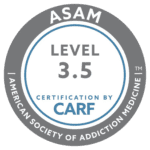We cannot deny the challenges when alcohol use spirals out of control. Its effects extend far beyond the individual, casting a shadow on the lives of those closest to them. The good news is that it’s easy to understand how to treat alcohol use disorder.
Neglected responsibilities, financial and legal troubles, and strained relationships are some of the things that you’ll need to endure when you have a drinking problem. These could make you feel overwhelmed and trapped in a seemingly impossible cycle.
Having said that, this blog post wants to provide guidance and insights to help you navigate this challenging situation. By following these recommendations, you can ease your suffering, nurture your mental well-being, and foster stability in your life.

What is Alcohol Use Disorder (AUD)?
When asked to define alcohol use disorder, the usual answer is that it is a chronic condition wherein the individual engages in compulsive and problematic alcohol consumption.
The Diagnostic and Statistical Manual of Mental Disorders (DSM-5) has outlined criteria to make it easier for professionals to diagnose substance or alcohol use. This includes the inability to control or limit alcohol intake, continued use despite negative consequences, withdrawal symptoms when attempting to stop drinking, and the neglect of essential obligations due to alcohol consumption. The severity of AUD is classified as mild, moderate, or severe.
Currently, AUD affects about 29.5 million people aged 12 and older, based on the National Survey on Drug Use and Health. These statistics highlight the significant impact of this issue and emphasize the need for comprehensive approaches to address it.
Recognizing Alcohol Use Disorder
When it comes to addiction, early recognition of its signs and symptoms is crucial. By familiarizing ourselves with the indicators, we’ll better understand how to treat alcohol use disorder and encourage individuals to seek help. Let’s explore the critical aspects of recognizing AUD:
Behavioral Symptoms of AUD
Strong urge to drink: Individuals with AUD often experience an intense desire to consume alcohol. This craving may become difficult to resist, leading to excessive and compulsive drinking.
Difficulty controlling or stopping alcohol consumption: People with AUD struggle to moderate their alcohol intake. They may find it challenging to set limits on the amount they drink or to stop drinking altogether, even when they intend to do so.
Neglecting responsibilities and obligations due to drinking: Alcohol consumption can take priority over essential responsibilities. This may include neglecting work, school duties, or personal commitments and experiencing a decline in overall functioning.
Encountering withdrawal symptoms when attempting to quit or cut back: When individuals with AUD try to reduce or stop drinking, they may encounter withdrawal symptoms. These symptoms may include tremors, sweating, nausea, anxiety, and insomnia.
Uncontrollable drinking despite negative consequences: Despite experiencing adverse effects, individuals with AUD continue with their alcohol consumption. They may disregard the negative impacts and continue to drink compulsively.

Physical and Psychological Effects of Alcoholism
Prolonged and excessive alcohol consumption may result in the following:
Liver damage: Alcohol use disorder can give you a fatty liver, alcoholic hepatitis, or cirrhosis.
Increased risk of heart disease: Alcohol abuse can contribute to cardiovascular problems, including high blood pressure, irregular heart rhythms, and heart attack or stroke.
Weakened immune system: Excessive alcohol consumption weakens the immune system, putting individuals at risk of infections, illnesses, and diseases.
Nutritional deficiencies: Alcohol interferes with the body’s ability to absorb and utilize essential nutrients, leading to malnutrition.
Mood swings, anxiety, and depression: Alcoholism can have a significant impact on mental health, contributing to mood swings, increased anxiety, and symptoms of depression.
Impaired cognitive function: Long-term alcohol abuse can lead to cognitive impairments, affecting memory, attention, decision-making, and overall cognitive abilities.
Strained relationships: Alcoholism can strain relationships with family members, friends, and loved ones. The behavioral and emotional changes associated with AUD can lead to conflicts, loss of trust, and social isolation.
Risk Factors and Causes of AUD:
- Family history of alcoholism
- Genetic predisposition
- Early onset of drinking
- Peer pressure
- Exposure to high-stress environments
By being aware of these signs, effects, and risk factors, we can become more informed advocates and allies for those grappling with this condition.

How to Treat Alcohol Use Disorder
Breaking free from alcohol use disorder requires evidence-based treatments. Backed by scientific research, alcohol addiction centers provide the necessary tools to navigate the challenges of AUD. Here are some programs they offer:
Medication-assisted treatments: These programs utilize medications that reduce alcohol cravings and alleviate withdrawal symptoms.
Psychotherapy: Alcohol addiction centers employ various psychotherapy techniques, including cognitive-behavioral therapy (CBT) and motivational interviewing. Through CBT, individuals develop coping strategies, challenge negative thought patterns, and address underlying issues related to alcohol use. Motivational interviewing fosters intrinsic motivation for change, helping individuals explore their ambivalence and build motivation to overcome AUD.
Dealing with co-occurring mental health disorders: Many individuals with AUD also experience co-occurring mental health disorders. Some alcohol addiction centers offer integrated treatment approaches that address both conditions simultaneously. Individuals can achieve better treatment outcomes by providing specialized care for mental health issues alongside AUD treatment.
Support groups: Alcohol addiction centers often facilitate participation in support groups, like Alcoholics Anonymous and SMART Recovery. These groups offer a supportive community of peers who share similar experiences. They also provide valuable guidance and encouragement and help you take responsibility for your actions.
Relapse prevention strategies: Alcohol addiction treatment centers equip individuals with effective relapse prevention strategies to maintain long-term recovery. By proactively addressing the risk of relapse, individuals can prevent setbacks.

Recovering from alcohol use disorder requires unwavering commitment and determination. Despite the challenges it brings, there is hope for healing. Understanding the signs and symptoms and the available treatment options for this condition allows individuals to break free from addiction and rediscover their true selves.
Are you looking for alcohol abuse treatment centers near me? Contact Freedom Recovery today, and we’ll gladly walk you over our programs.




